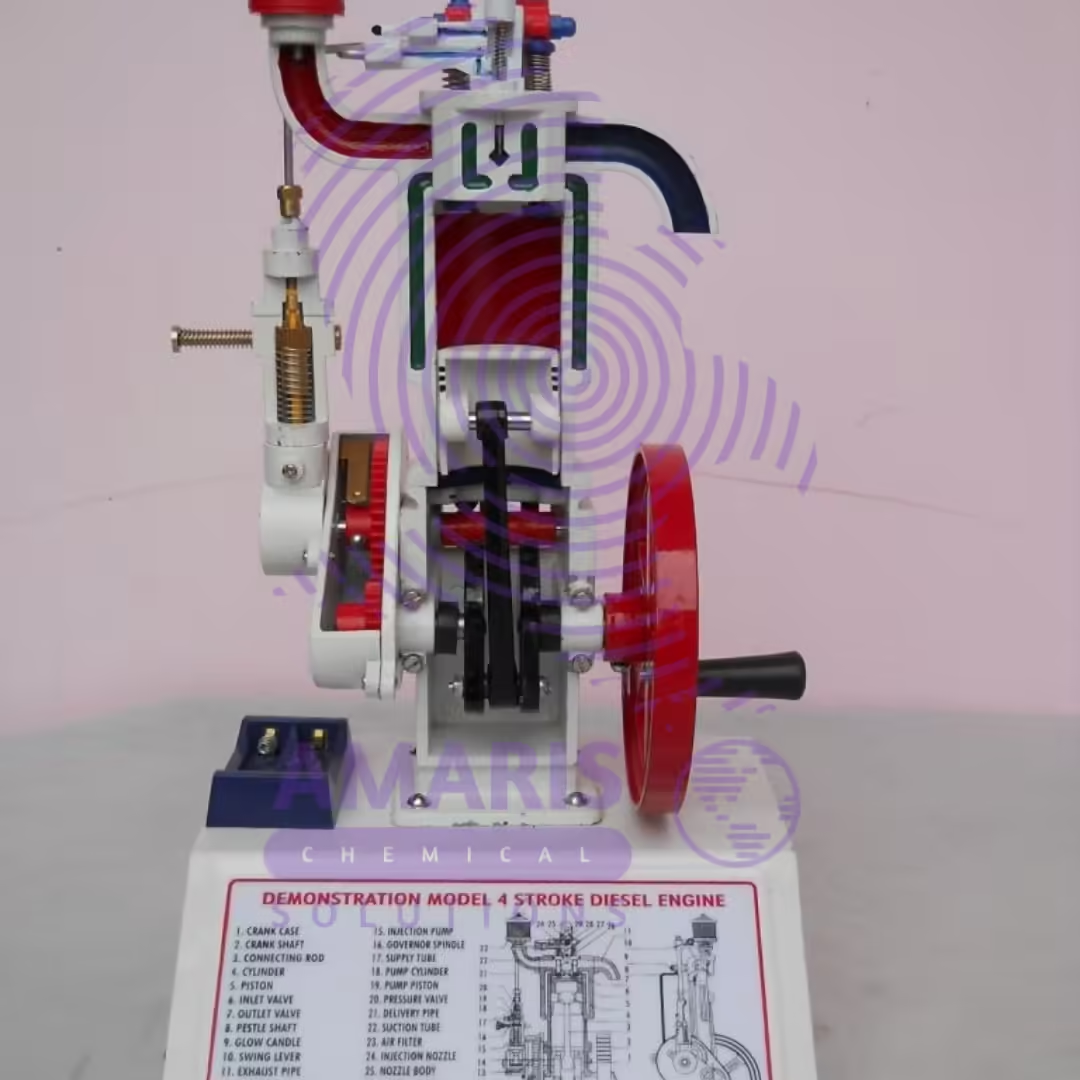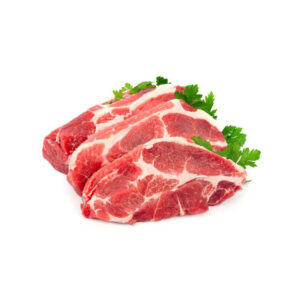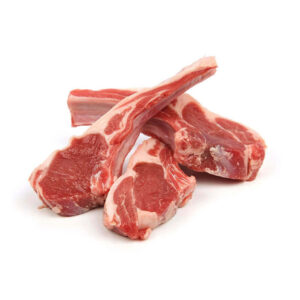Model Diesel Engine
Uses of Model Diesel engine
- Mechanical Engineering Education:
Model diesel engines are used to teach students about the working principles of internal combustion engines, especially in mechanical engineering programs. They allow students to observe key components like pistons, fuel injectors, and crankshafts in action.
- Fuel Efficiency Studies:
Researchers use model diesel engines to test different fuels, additives, and engine configurations to optimize fuel efficiency and reduce emissions.
- Emission Testing:
These engines help study exhaust emissions and pollution control technologies. By testing different diesel formulations, researchers can develop cleaner-burning fuels.
- Thermodynamic Analysis:
Model diesel engines allow for thermodynamic cycle analysis, such as measuring pressure, temperature, and volume changes throughout the combustion process.
- Performance Testing:
Labs use model diesel engines to test engine performance parameters, such as torque, power output, and speed, under controlled conditions.
- Material and Component Testing:
Engineers can test the durability of various engine parts, lubricants, and cooling systems in a controlled lab environment using a model diesel engine.
- Engine Simulation and Calibration:
They are also useful in the development of engine control systems and the calibration of electronic control units (ECUs).
People also bought
Angie’s Boomchickapop Sweet & Salty Lupin Beans In Water
$4.00 – $6.00Fresh Cutlets of lamb t-bone
$4.00 – $6.00Our Services
Shipping
Worldwide shipping
Delivery
Timely Delivery
Secure Payment
Safe & Secure Payment
Support 24/7
Contact 24 Hours Day












Reviews
There are no reviews yet.